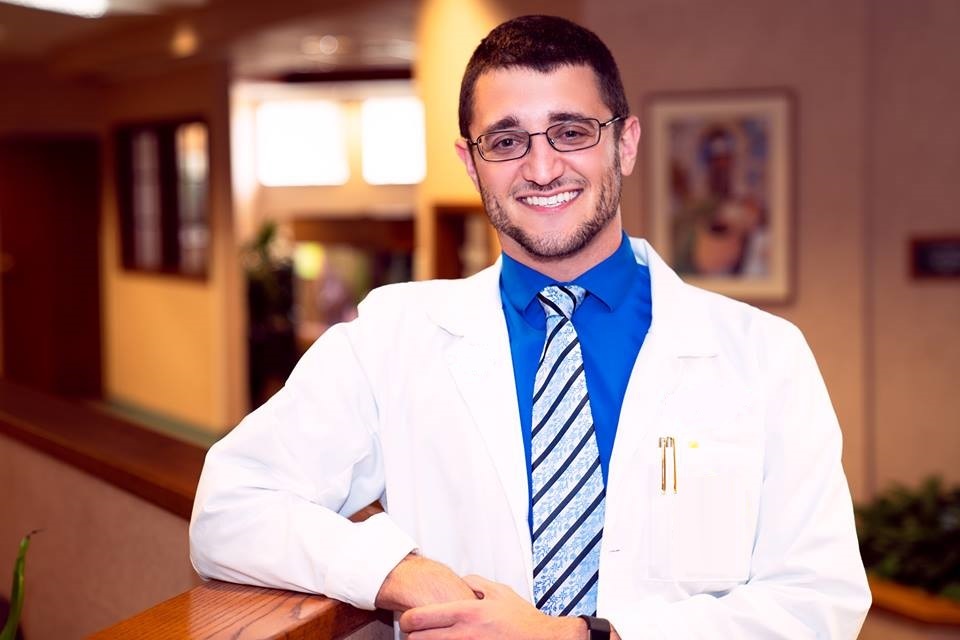Family Medicine is a medical specialty, similar to how Cardiology and Orthopedics are medical specialties. The training to become a Family Medicine Doctor includes obtaining a bachelor’s degree, completing medical school to obtain a medical degree, taking multiple medical license exams, and then finishing a hands on family medicine residency program before taking the Family Medicine Board Exam. This educational process takes at least 11 years. To learn about Dr McDaniel’s educational background CLICK HERE.
While most Family Practice doctors practice in an outpatient setting they receive training in clinic settings, hospitals, intensive care units, and emergency departments. Family Doctors are trained to treat patients of all ages (from newborn to geriatric patients) as well as providing gynecological and obstetric services.
Unlike Midlevel Providers or Physician Extenders, such as Nurse Practitioners or Physician Assistants, Family Medicine Physicians are doctors. Family Doctors have either a doctorate in medicine (MD) or doctorate in osteopathic medicine (DO). While PAs and Nurse Practitioners can provide some basic aspects of primary care services, becoming a Family Medicine Doctors requires tens of thousands of hours of additional training compared to a mid-level provider (LInK to source on hours).

Family Practice Physicians are often confused with Internists. Internists are board certified in Internal Medicine, not family medicine. While Internal and Family Medicine take the same number of years of training the focus of these training programs is slightly different. Internal Medicine includes more training in the hospital and less of a focus on outpatient medicine in the clinics. Family Medicine also includes training for treating a broader group of patients including pediatric patients and pregnant patients. Additionally, many Internists will subspecialize in a specific organ (such as the heart for Cardiologists) while most Family Medicine doctors will continue to practice general Primary Care. However, both Family Medicine and Internal Medicine Physicians are well equipped to provide high quality Primary Care services to adult patients.
Family Medicine Physicians have extensive experience in treating geriatric patients. Not all Family Physicians are Geriatricians as becoming board certified in Geriatrics requires additional years of fellowship training. However, most elderly patients will not require a Geriatrics specialist and will be very well taken care of by a Family Medicine Doctor.